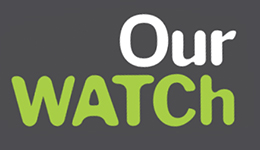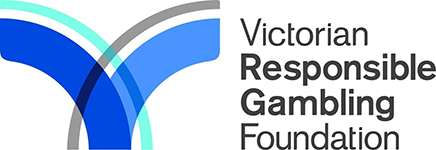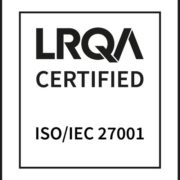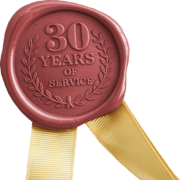Most Not For Profits have a wide range of stakeholders who engage for a variety of reasons, from funding, political influence, ambassadorship, support, collaboration, industry engagement, program involvement, knowledge sharing or simple collaboration.
All these people might have multiple roles, meaning many individuals speaking to stakeholders. Further, because of that stakeholder engagement there are tasks to do, donations to manage, information sharing, follow-ups, questions asked and answered, updates shared, calls made and meetings held.
How do you keep up with all of this?
As a base platform, a CRM provides a common store for all this data and one place to reference. It becomes a single source of truth.
Want to know about a person? Sugar CRM or Zoho One will show all the calls, meetings, documents, notes, programs and marketing events they attended. Want to know about a program you are running? The CRM will tell you who is involved, the deliverables, action items, minutes, notes, documents created and benefits delivered to whom whilst the program ran. Want to know who your donors are and invite them to an event or update them on the state of a program? Build a list of donors using any profile and then use your integrated CRM marketing platform of choice.
This single platform, integrated with either Google or Microsoft 365 allows your Not For Profit to move at the pace you want, growing from the organic to the orchestrated organisation you will need to expand and access new funds to support your cause.
The better you deliver on your promise, the more likely you are to access more funds to continue the development of new programs.
We have served several NFP organisations and the greatest benefits delivered to date are:
- Knowing all your stakeholders and ensuring they are well engaged.
- Knowing your focus and ensuring that the effort to keep everyone updated allows a maximum focus on program execution, not administration. After all, funds are tight.
- Delivering one source of truth that personnel can access wherever it’s needed, empowering all staff to operate and be fully informed.
- Reducing the effort to report and improving good decision making through up-to-date information.
- Building a strong marketing list with solid segmentation, allowing the team to communicate with the various stakeholders at all levels and get the message out. If the team do the list management through the normal course of work, the data quality increases, ensuring you deliver the message. Alternate methods lead to messy data cleaning activities that are expensive, time consuming and often incomplete.
The lessons learned:
Implementing CRM for nonprofits requires a different approach to that of commercially focused CRMs, and it’s worth noting some finds from the experiences.
- Recognise that the process of staff change management will be more difficult than that of a commercially focused organisation because of the mindset of the staff as a whole. Building processes needs to be done differently and requires more involvement with the end users early.
- Start with simple goals, collecting and centralising data and building lists before trying to streamline the whole organisation.
- Pick a key program to pilot new ideas and add innovation slowly so everyone sees the benefits.
- Make sure training/change management calls out previous problems that have now been solved.
- Focus on list building and marketing to ensure your message gets out, as that process often will tell you what is needed and what people care about.
- To process all feedback, consider using the case management system rather than emails to track all feedback or requests so staff can review them, results are accountable and reported on. This simple process gives people faith that a request will get actioned and there will be some result. This also allows your organisation to scale but still has feedback channels to inform you if mistakes are being made.
In the end, there needs to be considerable care to balance the process of change, the outcome of change, and the impact of time and budget through the process. You need a partner who can listen and coach you through that process and not treat you like a normal commercially focused organisation.
For more about CRM Strategy and how we can help, click here.








